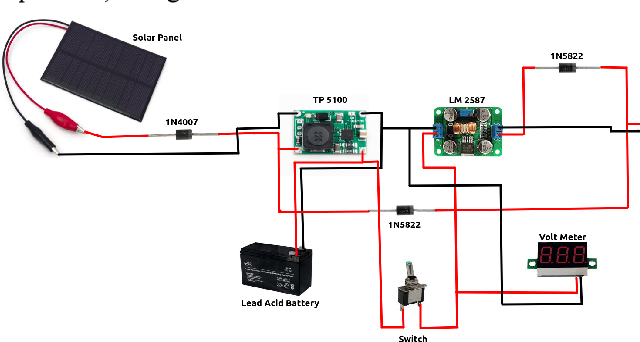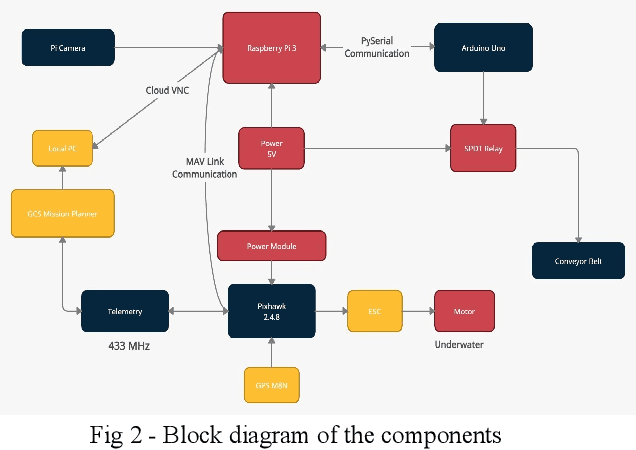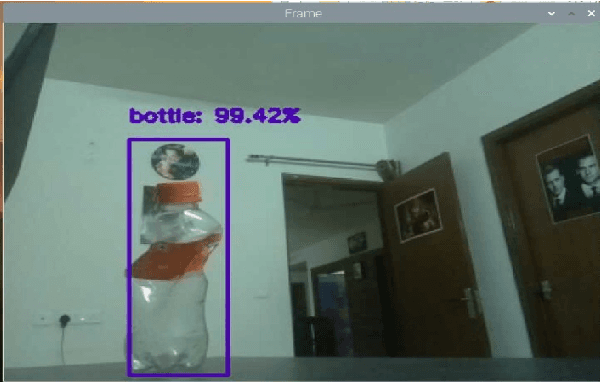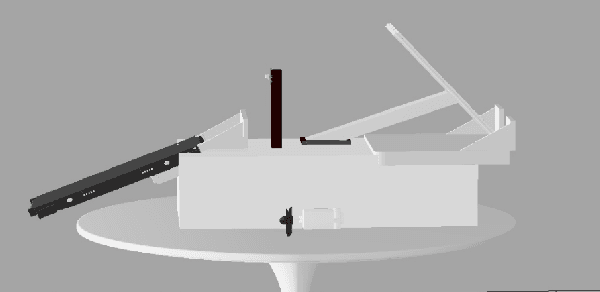Water Care: Water Surface Cleaning Bot and Water Body Surveillance System
Paper and Code
Nov 24, 2021



Whenever a person hears about pollution, more often than not, the first thought that comes to their mind is air pollution. One of the most under-mentioned and under-discussed pollution globally is that caused by the non-biodegradable waste in our water bodies. In the case of India, there is a lot of plastic waste on the surface of rivers and lakes. The Ganga river is one of the 10 rivers which account for 90 percent of the plastic that ends up in the sea and there are major cases of local nalaas and lakes being contaminated due to this waste. This limits the source of clean water which leads to major depletion in water sources. From 2001 to 2012, in the city of Hyderabad, 3245 hectares of lakes dissipated. The water recedes by nine feet a year on average in southern New Delhi. Thus, cleaning of these local water bodies and rivers is of utmost importance. Our aim is to develop a water surface cleaning bot that is deployed across the shore. The bot will detect garbage patches on its way and collect the garbage thus making the water bodies clean. This solution employs a surveillance mechanism in order to alert the authorities in case anyone is found polluting the water bodies. A more sustainable system by using solar energy to power the system has been developed. Computer vision algorithms are used for detecting trash on the surface of the water. This trash is collected by the bot and is disposed of at a designated location. In addition to cleaning the water bodies, preventive measures have been also implemented with the help of a virtual fencing algorithm that alerts the authorities if anyone tries to pollute the water premises. A web application and a mobile app is deployed to keep a check on the movement of the bot and shore surveillance respectively. This complete solution involves both preventive and curative measures that are required for water care.
 Add to Chrome
Add to Chrome Add to Firefox
Add to Firefox Add to Edge
Add to Edge